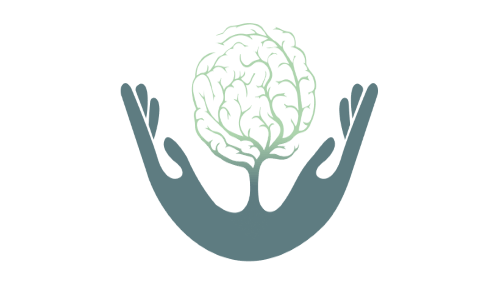
Live – Written Exposure Therapy: Evidence-Based Tools for Trauma & PTSD
Open to access this content

Open to access this content

Open to access this content

Open to access this content

Open to access this content

Open to access this content